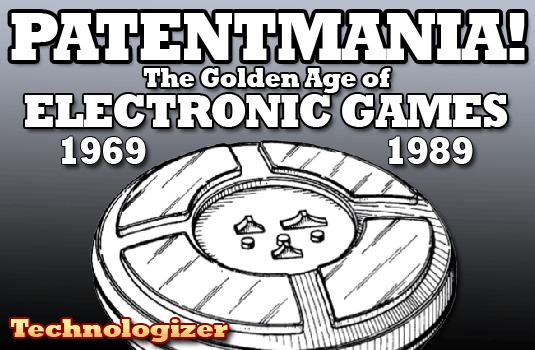 TIME magazine has delivered its top 10 list for Games of the Year, and I’m not the only one who’s surprised.
TIME magazine has delivered its top 10 list for Games of the Year, and I’m not the only one who’s surprised.
The indie darling Braid ranked second, beating out big budget sequels to Rock Band and Gears of War. There’s also an iPhone Game (Fieldrunners) and a Flash game (Hunted Forever) in the mix. If you’re curious, Grand Theft Auto IV was picked as the winner.
Overall, this year’s choices look smarter than 2007’s snoozer of a list, and Cole Stryker at 61 Frames Per Second rightly suggests that this represents “a meaningful shift in the way media evaluates games.”
It reminds me of a personal anecdote from a few months ago. A representative from The CBS Evening News with Katie Couric sent me an e-mail saying they were about to air a series on video games, and would I mind posting about it on my personal blog. Now, the Mainstream Media has a reputation for being unkind in their portrayal of video games and gamer culture, so my first reaction, without reading the rest of the e-mail, was to get on the defensive.
But when I read about the stories this rep was peddling, I found them to be fairly tame, and certainly pro-gamer in their coverage. One story discussed gaming’s positive effects on children. Another talked about Spore, and the third featured Aerosmith guitarist Joe Perry’s thoughts on how Rock Band 2 helped him bond with his son. Behind the curve? Sure, but it was a far cry from the usual “video games will eat your children” angle.
It gave the distinct whiff of an olive branch. After all, gamers had staged a massive backlash less than a year ago against a television pundit, who blasted one of 2007’s best games without playing it. Mass Effect gained notoriety for including a sex scene with partial nudity, and when Cooper Lawrence appeared on Fox News to decry the game, the result was an Amazon Bomb — a barrage of zero-star ratings for Lawrence’s latest book. She later apologized, telling the New York Times that she “misspoke’ about the game.
Since then, we’ve seen a terrific profile of Gears of War 2 designer Cliff Bleszinski in the New Yorker, this series of stories from Katie Couric’s program and now Time’s top 10 list. Sure, there was some hysteria over Grand Theft Auto IV, but that’s just tradition at this point.
I’d like to think there is a change in mainstream games coverage on the horizon, and less as a result of threats from angry gamers and more from a desire to participate in thoughtful reporting and criticism. Either way, it’d be great to see even more of it.


 If news that broke today is any clue, future iPhones and iPods could boast more potent graphics capabilities. UK-based chip maker Imagination
If news that broke today is any clue, future iPhones and iPods could boast more potent graphics capabilities. UK-based chip maker Imagination  Hey, I’m pleased to announce that Technologizer is starting a grand tradition today: our famous annual awards for outstanding gaming achievement. In this case, “Technologizer” is our ace gaming reporter, Jared Newman, who’s neatly summarized the year in digital gameplay by recognizing outstanding achievement in multiple categories and naming a title of the year.
Hey, I’m pleased to announce that Technologizer is starting a grand tradition today: our famous annual awards for outstanding gaming achievement. In this case, “Technologizer” is our ace gaming reporter, Jared Newman, who’s neatly summarized the year in digital gameplay by recognizing outstanding achievement in multiple categories and naming a title of the year.  Sometimes, even the best games don’t reach out and touch me. The Halos, Half-Lifes and Grand Theft Autos of this medium provide an interesting window on the world, but their characters are often mere reflections of the player. For that reason, those games have a hard time conveying raw, emotional impact.
Sometimes, even the best games don’t reach out and touch me. The Halos, Half-Lifes and Grand Theft Autos of this medium provide an interesting window on the world, but their characters are often mere reflections of the player. For that reason, those games have a hard time conveying raw, emotional impact. TIME magazine has delivered its
TIME magazine has delivered its For reasons unexplained, an upcoming iPhone game once known as Drug Lords will have its name changed to the more innocuous Underworld,
For reasons unexplained, an upcoming iPhone game once known as Drug Lords will have its name changed to the more innocuous Underworld,  In theory, the concept of
In theory, the concept of 